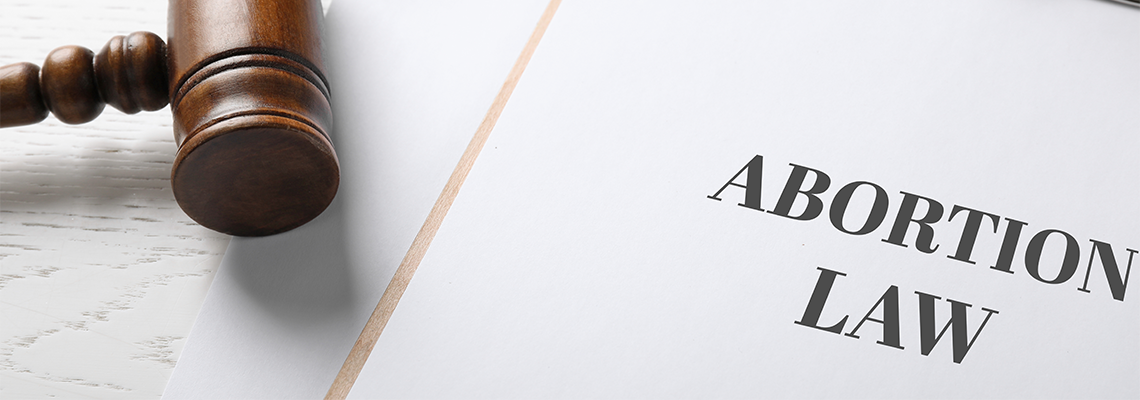As a family law attorney with over a decade of experience, I've guided many clients through the intricacies of egg donation and reproductive law. I’ve worked cases in Harrisonburg, Staunton, Woodstock, Strasburg, and Stephens City.
One Child at a Time
Establishing Parentage for Children Born of Assisted Conception
Numerous factors lead some couples who want to grow their families to consider getting the help of a surrogate mother. However, putting this important time into another’s hands raises concerns, especially involving the legal aspects, for many potential parents.
Understanding the laws relating to establishing parentage for children born through assisted conception may help put people’s minds at ease as they prepare to welcome their babies into their families and homes.
Intended Parents with A Genetic Relationship
According to state law, the parentage for children of assisted conception depends largely on the genetic relationship between the intended parents and the child. If at least one of the intended parents shares a biological connection with the baby, they will establish parentage by filing an order with the Vital Records Office of the Virginia Department of Health. Intended parents typically file surrogacy parentage orders after the birth. At that time, the state amends the child’s birth certificate to list the names of the intended parents.
Intended Parents with No Genetic Relationship
Sometimes, neither intended parent has a genetic relationship to children born via assisted conception. If the intended parents share no genetics with the baby, but the surrogate mother does have a biological connection, it creates a more challenging process to establish parentage. Under such circumstances, the intended parents will complete a post-birth adoption. Through such action, they will gain parental rights for their child, while the surrogate mother and, if married, her spouse give up their rights to the baby.
Issues between intended parents and surrogate mothers threaten the joy of welcoming a newborn into a family. Taking steps to ensure a valid contract exists before the child’s birth may aid in protecting the rights of all involved, and thus, preventing such problems.
RECENT POSTS
Adoption is a beautiful way to grow your family and provide a loving home for a child, but the journey comes with many decisions. One of the most significant choices prospective parents face is whether to pursue an open or closed adoption.



